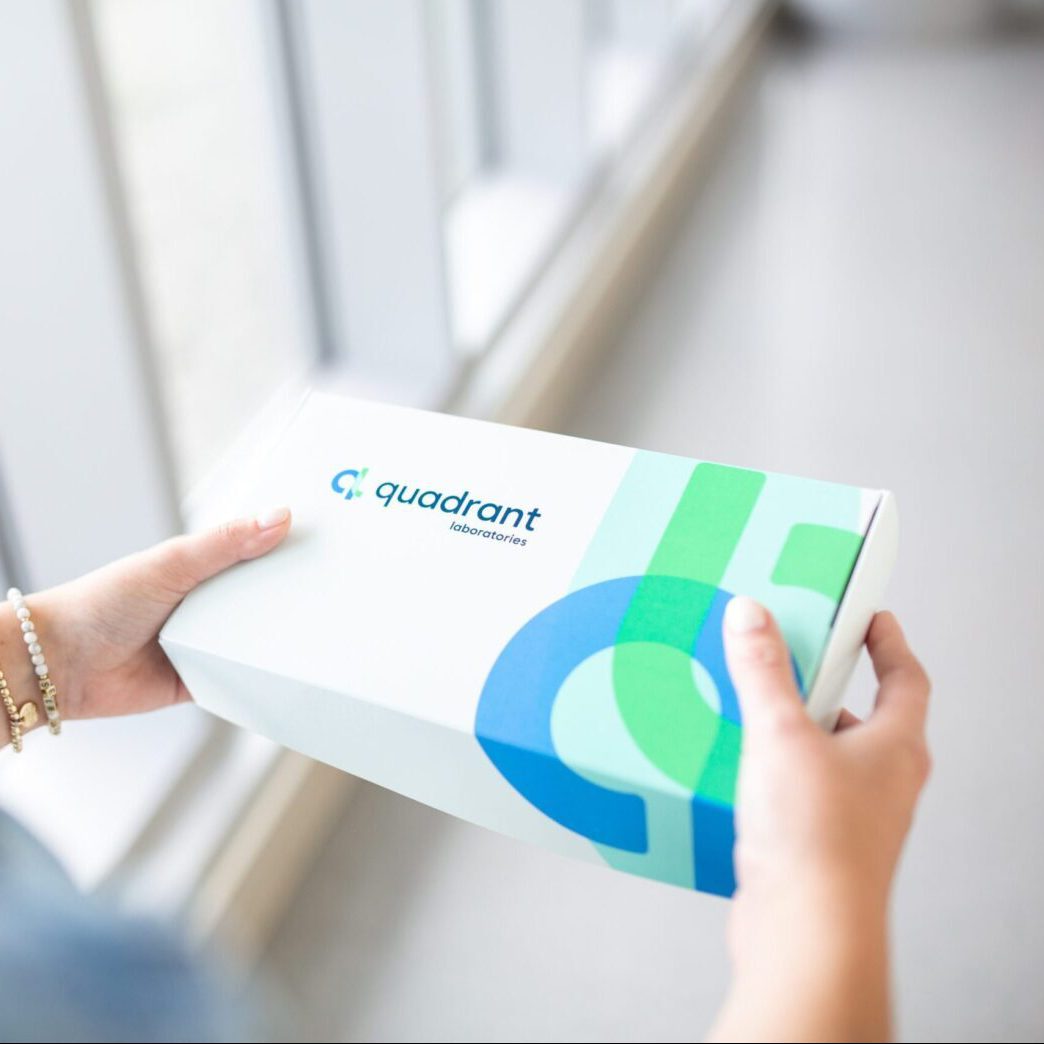Could Variations in Genetic Codes be the Cause?
Neurodevelopmental disorders can stem from a variety of factors, including genetic predisposition, social deprivation, metabolic disorders, immune diseases, nutritional imbalances, and exposure to toxins and other environmental influences.¹ Our Autism/XL Intellectual Disability Panel (ASD/ID Gene Panel) focuses primarily on pediatric patients looking for answers after an autism, or intellectual disability diagnosis. Discovering a variation, duplication, or deletion in a gene linked to autism might not only be the root cause of the condition but could also influence symptoms or co-occurring conditions associated with autism and intellectual disabilities.
Having a clear direction and understanding of diagnosis can save families time, money, and stress when deciding what treatments and therapies can be most beneficial to the patient.
Our Genetic Test Targets Genes Associated with ASD and ID
Our ASD/ID Gene Panel targets genes that are associated with both syndromic and non-syndromic causes of autism spectrum disorder (ASD) and intellectual disabilities (ID). The test panel is recommended if a specific underlying syndrome is not suspected (meaning there is no known family history of a specific gene/condition).
Using next-generation sequencing (NGS) we identify variants in the genetic codes of the genes included in the panel. Supplemental tests may include Sanger sequencing, Fragile X repeat expansion analyses, and Chromosomal Microarray testing. Variant classification and interpretation are performed based on the American College of Medical Genetics Standards and guidelines for the interpretation of sequence variants.
Benefits of Testing
If the patient has been diagnosed with autism or an intellectual delay, the Gene Panel may identify changes in the patient’s genetic makeup that can give healthcare providers insight into the potential cause of diagnosis.
This information can be used to:
- Guide therapeutic treatments and care plans
- Grant access to resources
- Facilitate early detection of symptoms
- Inform family planning
- Allow carrier testing and genetic counseling
- Promote enrollment in clinical studies
Benefits of Testing with Us
- Simple saliva collection
- Convenient collection location (at home or in office)
- Most current gene list
- Price Transparency (varies based on insurance plan)
- Genetic counseling is available
How is Testing Performed?
We use Next-Generation Sequencing (NGS) to analyze our targeted ASD/ID panel. NGS offers high sensitivity and specificity, providing in-depth coverage, resulting in high-quality data. With custom-targeted sequencing gene panels, you can discover point mutations, insertions/deletions (INDELs), copy number variations (CNVs), and gene rearrangements.
For Providers
Have a patient that has been diagnosed with autism spectrum disorder or an intellectual disability? Request genetic testing to further assess their diagnosis.
There are two simple ways to order:
1. Submit a genetic test request via fax through your EMR System to 315-666-1379.
2. Complete the following forms and forward them to Quadrant Laboratories:
View our full Gene Panel:
For Patients
Your healthcare provider is required to fill out the following documents: a test requisition, a benefits investigation, and a letter of medical necessity on behalf of the patient.
Once the forms are received and reviewed you will receive an email from Quadrant Laboratories’ support team outlining potential out-of-pocket costs and asking for your consent to proceed with testing. A link to our Informed Consent and Financial Responsibility forms will be included in the email. You can also find a copy here:
Informed Consent & Financial Responsibility
Click here if you’d like us to contact your provider directly
Send completed forms to:
Email: [email protected]
Fax: (315)-666-1379
Once all forms are received and approved by Quadrant Laboratories an order will be placed, and a saliva collection kit will be sent to the location specified on the order form (ie: patient’s home or doctor’s office)
What's in the Kit
How to Swab
How to Ship
Citations:
¹https://www.ncbi.nlm.nih.gov/books/NBK223473/


